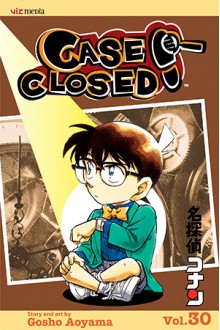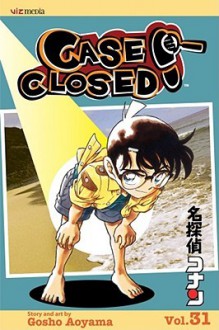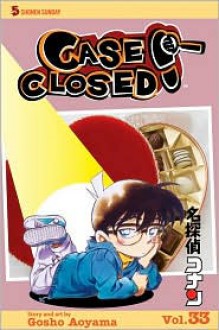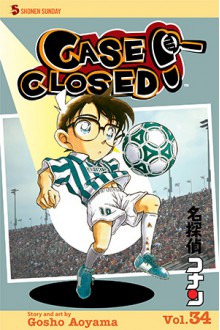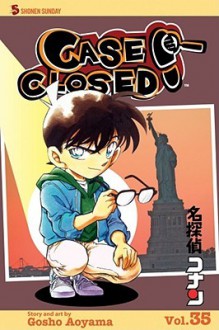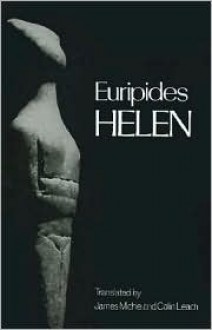
This is probably the closest of all of the Greek tragedies to a Shakespearian tragedy. This is due to the end of the play having a huge bodycount and the action of the play is driven by one person's fatal flaw (not that I actually believe in the fatal flaw argument, but that is beside the point). However it is not Antigone who has the fatal flaw in this play but rather Creon, the king of Thebes. Unfortunately we cannot really look to Oedipus at Colonus to see the beginning of Creon's downfall because this play is not the final part of a trilogy, at least in the Aeschylan sense of a trilogy, though it is noticeable that when the copyists chose seven plays of Sophocles to preserve for posterity three of the Theban plays were kept which in a sense formed a trilogy, and in this trilogy we see Creon go from being a loyal servant of Oedipus to a ruthless tyrant that believes that he is the state and that his words are not to be disobeyed.
First I will discuss the term Harmatia, which is Aristotelian in origin, at least from his text on drama (The Poetics). I shall also look at the action of the play and finish off by discussing the main theme, which is the struggle between loyalty to one's family and loyalty to one's state. Well, no, I will finish off by looking at Creon's character, and how his actions bring about such a sticky end.
The concept of Harmatia is regularly found in the Bible where it has been translated into our word sin. Now, as I think about the concept of Harmatia I am somewhat torn between suggesting that Harmatia and sin are two different ideas, or that our modern understanding of sin does not exactly weigh with how the modern church translates and preaches it. The modern church preaches sin as being rebellion against God (of which we are all guilty), and then goes on to bombard us with what constitutes sin. However, to the Greeks, or at least to Aristotle, Harmatia is a fatal character flaw. Now that concept does not alienate sin because sin, in an of itself, is a fatal character flaw that we have inherited from Adam and Eve. This fatal character flaw of ours is our desire to live independently, and we see this more and more as we meet with people and associate with them. I also see it rampant throughout the church as people try to push God into a box and tell him what sin is rather than letting him demonstrate sin to them.
I say this because the list of sins seems to get longer and longer and we, as humans and those of us who call ourselves Christian, seem to think that sin is made up of our actions as opposed to our desire to rule ourselves. I guess the best explanation is that our actions, especially our selfish actions, are merely a symptom of this character flaw of ours. The Bible is correct when it says that the wages of sin is death, because as we see, especially in Antigone, that Creon's Harmatia leaves him desolate and alone, and as he says from his own lips, it is as if he were dead. Now, the Greek concept of death, the absence of life, and the removal of ourselves from this world, is somewhat different to the Biblical concept of death. In fact our modern understanding of death is more in line with the Grecian view. However the biblical view is that death is more to do with the break down of our relationships, particularly our relationship with God, than it is with the absence of life. To the Bible life is defined by relationships, and when we drive our relationships apart we are little more than dead. In fact it has been suggested that higher suicide rates occur among truly lonely people than it does among people who are surrounded by friends. That, though, is only speculation. However, consider this: even when we are surrounded by friends we can still be alone, especially if these so called friends of ours only seek us out for company and, in their self centred view of the world, seek to only have us by their side to make them feel good and important than really doing anything that is remotely friendly.
Now, the play itself is set after the Theban war, where Etocles and Polyneices killed each other after Polyneices attacked Thebes with his army to remove his brother and set himself up as king. Creon, by default, becomes king and his first order of business is to give Etocles a state funeral while leaving the body of Polyneices exposed. To be exposed was the worst thing that you could do to a corpse in the Ancient Greek world. A proper burial meant that you would at least have a half decent afterlife, while being exposed suggests that you would be left wondering the earth as a ghost, and a tormented one at that. Antigone, the sister of Polyneices, is horrified at this and seeks to bury him, much to Creon's displeasure, so he orders her executed. However the play is not as simple as that because Creon's son is in love with Antigone, and when he finds her dead, he kills himself, and in a fit of grief over the death of her son, Creon's wife also kills herself.
Now one of the main themes that comes out of this play is the struggle between one's loyalty to the state and one's loyalty to one's family and the dilemma that one will face when the state passes a law of which you do not approve. The question that is raised is: do you dishonour the state by breaking the law and honouring your family, or do you dishonour your family by upholding the law even when the law is unjust. In a way, there was nothing wrong with Creon's law, since Polyneices was a traitor, and treachery is seen as one of the worst crimes to commit (even today, though the definition of treason has become very ambiguous in the globalised, interconnected world). However, he was still family, and not only that, Etocles' ascension to the throne was dubious at best. The entire war was not so much about a deposed monarch seeking reinstatement, but rather a family quarrel between two brothers.
We still face these dilemmas today, though not to the same extent. The question of whether the drug laws are just is one of them (and I do believe that they are, even though they can be considered to be an outworking of the Nanny State). While it is true that people should be left to make their own decisions, we demonstrate time and time again that we are actually not capable of doing so, therefore the state actually does need to step in to protect us from ourselves. Then there is the war that the state embarks on that many members of the state disapprove of, and as a loyal soldier to the state, do you obey the state by embarking on a quasi-legal adventure, or do you uphold your morals by refusing, and face punishment or even gaol.
Creon mentions a number of times that he, as the king, is the state, and thus his laws are to be obeyed. However, ironically enough, the Chorus objects to this. Now the Chorus does play an important role in Greek tragedy, and usually represents what the Greeks call the 'Oklos', or the crowd. Crowd is actually a rather bad translation as my understanding of the Oklos is that it is a crowd that acts as a single entity and has a single mindset. Now, this is not always the case in Greek tragedy as at times the Chorus will split and then argue with itself, in a way representing division amongst the people. It is a shame that we do not actually see Choruses in plays any more (or not playing a major role as they did in Greek drama).
Now Creon, having become king, has pretty much become corrupted by power. Yet I am not entirely convinced that it is corruption at such an early stage of his reign. In a way, he is the new king, and he wants to stamp his authority on the city, or, as the Greeks called it, the Polis (I won't go into details of the meaning of this word as I have already spent too much time translating Oklos). For him to be disobeyed will suggest that he does not actually have the character to be a king. A king that is not obeyed and not respected is not actually a king because he has no authority. As such Creon wants to make sure that his authority sticks so when this law is broken he is forced to act. However, he is not caught in a dilemma deciding whether it is right to punish Antigone or not - he has already made up his mind, set the path that he wants to travel, and travels down it. However, it ends very, very badly for him, and this is emphasised at the conclusion when the prophet Tiresieus arrives and passes on the message from the gods. He has acted against the proper way and is now to be punished and there is no way to escape from it.
I recently saw a performance of this play (which was cool because I hardly see any Greek plays being produiced) and have written my thoughts on the performance, and the play as a whole, on my blog.

 Log in with Facebook
Log in with Facebook 
